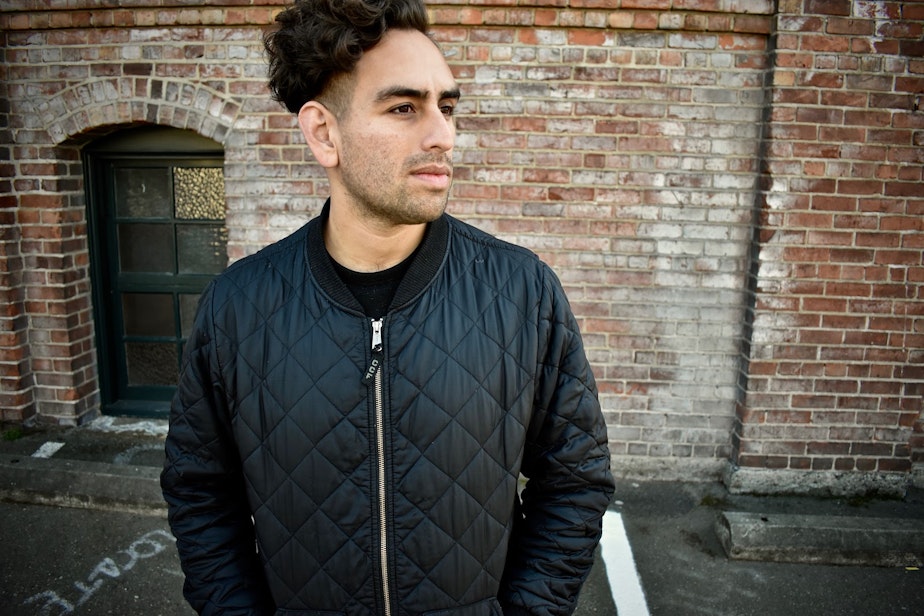I thought I was a model activist. Then #MeToo called me out

The author stands for a portrait near his home in the Georgetown neighborhood in Seattle. October 31, 2020.
KUOW PHOTO/KRISTIN LEONG
Editor's note 8/2/2023: This story has been temporarily removed as KUOW looks into pertinent recent allegations.

